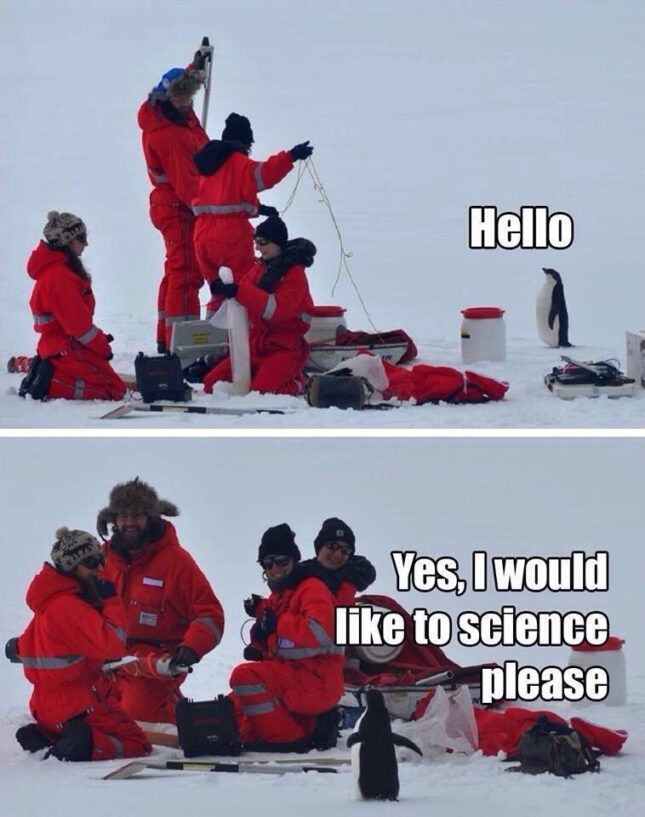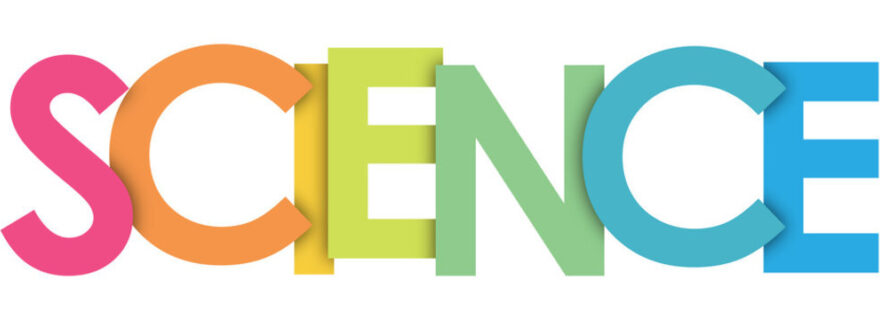The bachelor internship - time to start sciencing!
Are you a Bachelor student studying the living world ? If yes, then read on to learn more about the internship that will conclude your studies here at Leiden University!

So you have started your journey to become a Biologist. Some lectures are interesting, others are boring, but you slowly begin to notice what area of research you like best. After honing your skills in lab practicals, perhaps you are wondering about when that knowledge will be applied to your very own project? You might start looking at posters at the university or reading through the site of some researcher or, even better, a researcher you are acquainted with through your studies. Are you thinking, “Wow! What they’re doing is cool!”? (If not, then you should, there’s a lot of cool topics that are waiting to be studied!) What is the next step? How can you, as a Bachelor student, start contributing to the world of science?
In the sixth semester of the Biology bachelor, students need to complete an internship to earn a Bachelor of Science. It must be undertaken at one of the institutes connected to the university. These include, but are not limited to the IBL, Naturalis, Hortus Botanicus and the LUMC. Research at Naturalis focuses on describing biodiversity and conservation. At the Hortus Botanicus, scientists uncover the diversity and relationships within plant groups such as the orchids or pitcher plants, and educate the public about invasive plant species. The IBL (Institute of Biology Leiden) is the heart of the biology department. Its research topics are divided into the animal, plant and microbial sciences and four research themes: Bioactive Molecules, Development and Disease, Evolution and Biodiversity, Host-Microbe Interactions. Finally, the LUMC is focused on research in the medical field.
How do you find an advisor? The easiest way (and in times of Corona the most practical) is to contact researchers via email. If there is no reply the first time, don’t be afraid to send one or two reminders! Another way is to talk to your lecturers. Chat with them after class or even visit them during their office hours (once that is possible again). Most of them will be open to student projects if you show genuine interest. Even if they themselves don’t have the capacity, they might be able to refer you to their colleagues with a similar topic.
Here are some experiences of previous students who are now enrolled in the Master of Biology:
Jöran, who is a student ambassador for bachelor students now, did his internship at Naturalis.
“My advice is to just email people who work in your field of interest and see if they can offer you something! When you are enthusiastic there are often a lot of possibilities.”
Jöran was certain that he wanted to do something with plants and searched for possibilities online. He contacted a lecturer who then referred him to his future advisor! The topic he worked on was the history and importance of herbaria and the use of labels therein. Due to corona, his project consisted of theoretical work in the form of two literature reviews. However, he still thinks that he learned a lot in the process. Not only about this field of research that he was interested in, but also about the process of doing research.
Currently doing an MSc internship with the CML (Institute of Environmental Sciences), Mieke gave a very personal insight into the internship process:
“And especially if you want to write about this in LSM – and biology students read this – it is important to state that the process itself was sometimes fairly painful mentally.”
Mieke knew of the lab from acquaintances that had been interns there before (it helps to ask your seniors about their experiences!). She contacted her advisor Dr. Marcel Schaaf two years in advance. In her project, she investigated how a class of anti-inflammatory steroid hormones influences neutrophil and macrophage (cells of the immune system) recruitment. Due to corona, her project focused on computational work and she could not carry out planned experiments. She describes the internship as an intimidating process, but also stresses that afterwards you will come out as a much better researcher.
Lisa recommends starting thinking about it early and to express interest in topics that you like:
“Think for yourself what you want to get out of your project: what do you want to learn and achieve? It sounds straightforward, but it may help both you and your (future) supervisor to manage expectations and create a project that fits you best.”
Lisa originally contacted a group at CML for research on nanoparticles, but sadly she was too late. Fortunately, she also contacted a lecturer of marine biology who did not have a spot available themself, but referred her to a colleague who did. Her internship took place at Naturalis, with the topic of giant clams in the aquarium trade. Even though it was limited to theoretical and statistical work due to corona, she was still very happy with the research topic.
Can’t find a topic within the Biology department? Then check out Megan’s internship experience:
“I’m really into interdisciplinary research, and I couldn’t really settle for a project at the Institute of Biology or Naturalis Biodiversity Center back then.”
Megan was interested in doing her project in a different department and came across an interesting topic in the archaeology department. She emailed the principal investigator, who was happy to have an intern with a biology background. Her research focused on the plant diet of Neanderthals from the Shanidar cave in Iraq, under the supervision of Dr. Amanda Henry.
Extra tip: doing projects at a different faculty of science is possible but it requires approval from the exam committee. So, once you have discussed the project with your advisor, make sure to contact the exam committee on time!
I hope that their unique stories have inspired you to think about your own internship and perhaps start browsing for opportunities. After all, it is an exciting first opportunity to apply all the knowledge you have assimilated through lectures and lab sessions! If you already have a place in mind, go for it and reach out! It is never too early to start asking, but make sure to start looking in your third year at the latest.
“Also, don’t stress too much about it! You got this :)” – Lisa, who is also an editor here at LSM



0 Comments
Add a comment